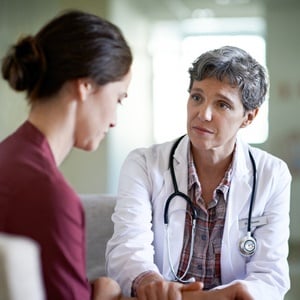
“You have cancer” are words no one wants to hear. The reality is that many people receive that exact diagnosis every year.
Fortunately the news is not that bad anymore — nowadays many cancers, when detected early, have a much better prognosis and aren't terminal.
Yet, it remains gut-wrenching and life-changing when you hear those words after what you thought would be a routine examination.
Even with the focus on early detection, we realise that no cancer diagnosis, no matter how early or late, is easy for a patient to bear. We spoke to Dr Charleen Muller, a radiation oncologist from Cancercare on what to do and what to expect when you are diagnosed with cancer.
1. Get all the medical information as soon as possible
Dr Muller says that every cancer patient they see, will have an hour-long consultation with an oncologist. Here, the prognosis and treatment options are discussed.
“It is important to get as much information as possible from an accredited oncologist,” she says. “We usually send a patient home with enough printed material to read in their own time as we know that the information can often be overwhelming, especially when you receive bad news.” The best advice is to receive realistic information and to be as proactive as possible. You might want to read up on your illness from every source you can find, but focus on what your oncologist is saying to you right now.
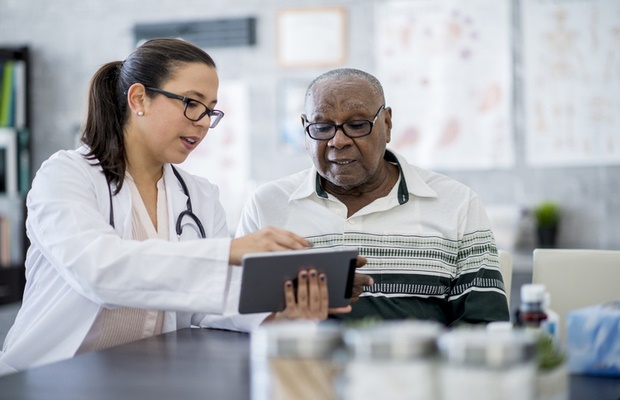
2. Find a support network
Dr Muller says that they make use of in-house social workers to offer additional emotional support to their patients. “It is vital to make use of a support structure as early as possible, whether it’s family, friends or a community support group. They can lend an ear when you want to talk about your feelings, but they can also give advice and positive reinforcement,” she says.
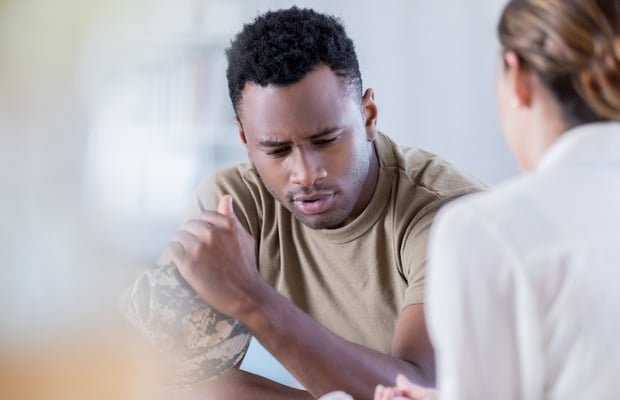
3. Consider your lifestyle, but don’t make drastic changes
While there is sufficient evidence to prove that quitting smoking, a healthy body mass index, a balanced diet and enough physical exercise can reduce the risk of cancer mortality, it’s important to remember that the early stages after a cancer diagnosis are stressful and that it's important to go easy on yourself.
A cancer diagnosis doesn’t mean you should pressurise yourself and make drastic lifestyle changes then and there, says Dr Muller. “It is an emotionally rough time, and while a healthy lifestyle is never a bad idea, any changes in your lifestyle should be incorporated gently,” says Dr Muller.
It’s important to note that any drastic weight loss or other changes due to a change in your lifestyle may mask weight loss that may be a result of the cancer. It's important for your doctor to keep track of what’s happening, and any drastic changes you make may cloud this process.

4. Prepare for treatment
“Invest in a notebook and pen and write things down in point-form as it might be hard to remember everything during appointments,” says Dr Muller. “Also note that each cancer treatment and its side-effects, be it radiation or chemotherapy, will differ from patient to patient, but I usually tell patients to reduce the stress and pressure in their lives and to reach out to their support system."
Ask your doctor what possible side-effects you can expect and make practical preparations — including stocking up on lotion if your skin might be affected by chemotherapy, or simply having ice-lollies or ginger tea at hand for possible nausea — anything to relieve discomfort.
“It’s also imperative to keep your brain stimulated during a round of chemotherapy, as the impact of the medication may alter your memory. We call this chemo brain,” says Dr Muller. Do things that you enjoy that will also stimulate your mind, such as reading, completing crossword puzzles, or playing Sudoku.
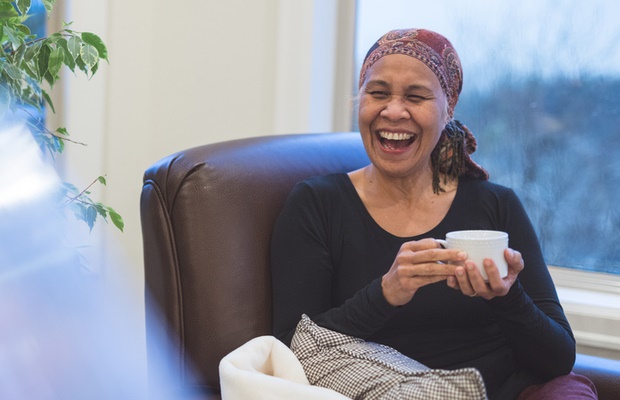
5. Maintain your normal life
Note that the biggest burden during the early stages of cancer will not be necessarily physical, but emotional. Dr Muller states that it’s vital to maintain a normal pattern. “If you are someone who’s used to going out with friends, don’t stop doing that. It’s easy to want to isolate yourself, but it’s important to keep a support network close.”
Don’t hesitate to tell people how you want them to react. Family and friends may treat you with kid gloves or might not know what to do or say, and tend to shy away from the topic. On the other end of the spectrum, they might overload you with opinions, platitudes and advice. This doesn't come from a bad place, so communicate clearly how you feel.
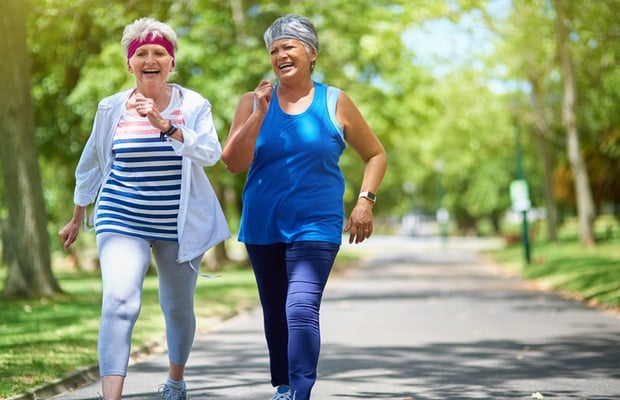
Do you have personal experience of a cancer diagnosis? Share your experience by emailing marelize.wilke@24.com and should you wish to remain anonymous, please let us know.
Image credits: iStock




 Publications
Publications
 Partners
Partners















